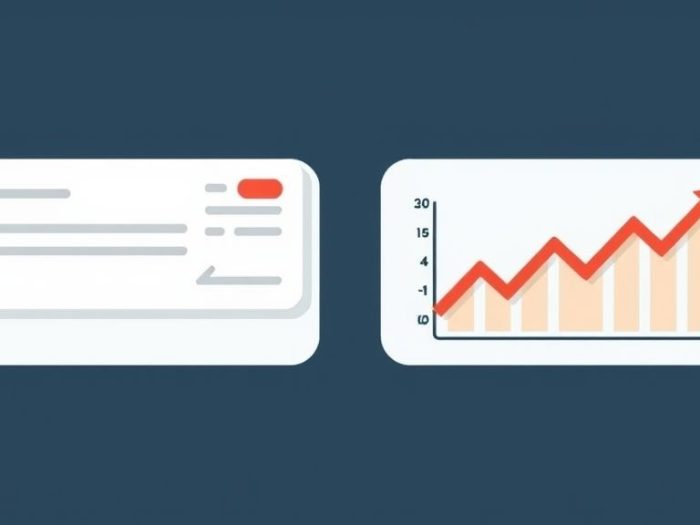Pensions and 401(k)s are both retirement savings options, but they differ significantly
in how they operate and the security they provide. Understanding these differences is
crucial for planning your financial future. This article compares pensions and 401(k)s to
help you determine which offers greater retirement security.
Understanding Pensions
A pension is a defined benefit plan, meaning your employer promises to pay you a specific
monthly benefit in retirement. The amount is typically based on factors like your salary
and years of service.
Key Features of Pensions:
- Employer-Funded: Employers primarily fund pensions.
- Defined Benefit: You know the amount you’ll receive in retirement.
- Professional Management: Pension funds are professionally managed.
- Less Employee Control: You have little control over investment decisions.
Understanding 401(k)s
A 401(k) is a defined contribution plan, meaning you and/or your employer contribute to
an individual account. The amount you receive in retirement depends on your contributions
and investment performance.
Key Features of 401(k)s:
- Employee and Employer Contributions: Both you and your employer can contribute.
- Defined Contribution: You know how much is going into the account, but not the final payout.
- Employee Control: You typically choose your investments.
- Portability: You can take your 401(k) with you when you change jobs.
Pension vs. 401(k): A Comparison
| Feature | Pension | 401(k) |
|---|---|---|
| Retirement Benefit | Defined Benefit (Guaranteed Amount) | Defined Contribution (Depends on Investments) |
| Funding Responsibility | Employer | Employee (and Employer) |
| Investment Risk | Employer | Employee |
| Investment Control | Less | More |
| Portability | Less | More |
Which Provides More Retirement Security?
The answer depends on what you prioritize:
Pensions:
- Offer greater security in terms of predictable income.
- Shift the investment risk to the employer.
401(k)s:
- Offer more control and portability.
- Place the investment risk and responsibility on the employee.
The Shift from Pensions to 401(k)s
Over the past few decades, there has been a significant shift from pensions to 401(k)s.
This shift has transferred more responsibility and risk to employees.
Strategies for 401(k) Success
If your primary retirement savings vehicle is a 401(k), consider these strategies:
- Maximize Contributions: Contribute as much as possible, especially up to any employer match.
- Diversify Investments: Spread your investments across different asset classes.
- Manage Fees: Choose low-cost investment options.
- Seek Financial Advice: Consult with a financial advisor for personalized guidance.
Conclusion
Pensions and 401(k)s offer different approaches to retirement savings. Pensions provide
greater income security, while 401(k)s offer more control and flexibility. The best option
for you depends on your risk tolerance, financial situation, and access to a pension.
Understanding the differences between these plans is crucial for making informed decisions
about your retirement.
Related Keywords
Pension, 401(k), retirement plans, defined benefit plan, defined contribution plan,
retirement security, retirement savings, retirement income, 401k vs. pension, pension
benefits.
Frequently Asked Questions (FAQ)
1. What is a pension?
A pension is a defined benefit plan where your employer promises to pay you a
specific monthly benefit in retirement.
2. What is a 401(k)?
A 401(k) is a defined contribution plan where you and/or your employer contribute
to an individual account, and your retirement income depends on your contributions
and investment performance.
3. What is the main difference between a pension and a 401(k)?
The main difference is that a pension provides a guaranteed benefit amount, while
a 401(k) provides a benefit that depends on investment performance.
4. Who is responsible for funding a pension plan?
Employers primarily fund pension plans.
5. Who is responsible for funding a 401(k) plan?
Both employees and employers can contribute to 401(k) plans.
6. Who controls the investments in a pension plan?
Pension funds are professionally managed, and employees have little control
over investment decisions.
7. Who controls the investments in a 401(k) plan?
Employees typically choose their investments within a 401(k) plan.
8. Is a pension portable?
Pensions are generally less portable, often tied to a specific employer.
9. Is a 401(k) portable?
Yes, 401(k)s are portable and can be taken with you when you change jobs.
10. Which plan provides more retirement security?
Pensions offer more security in terms of predictable income, while 401(k)s offer
more control and flexibility. The “best” choice depends on individual
priorities.



